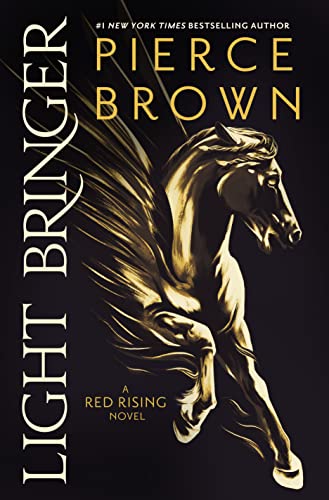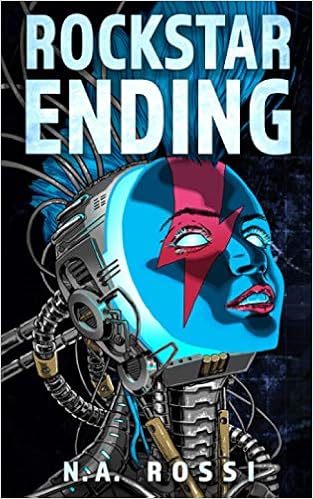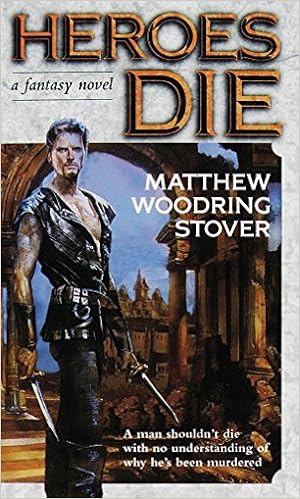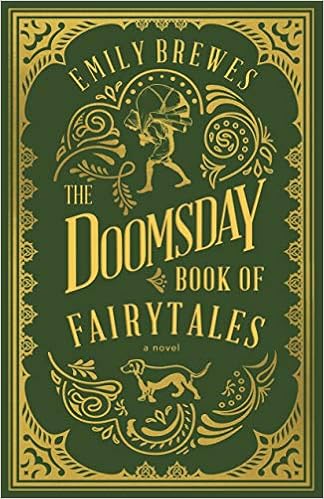** This book was provided to me by NetGalley in exchange for a fair and honest review **
Ahhhh, Dystopian Fiction. Oh how I love thee.
When I was far younger and beginning my journey into the twisting disillusionment of how society could potentially crumble upon itself, the general themes of Dystopian Fiction were either rooted in the past (e.g. post-World War II era), or set just out of reach in the near future.
I feel, now, that advances in consumer digital connectivity have bridged that gap and make Dystopian Fiction that much closer to a current theme than we could previously visualize. I’m not even going to touch on how modern politics pushes hard against those previously fictional themes.
That’s where Ms. Rossi slides right into the picture with Rockstar Ending. The setup is completely plausible. Our story opens with Meg: a woman approaching 85 who has lost her husband, has grown kids who have moved away, and is now approaching the cutoff of NHS benefits due to her age.
In Meg’s world, the “Yuthentic” movement has taken over the political climate in the UK. Younger people, who have become politically active, and see the older generation as more of a leech on the system than a resource for inspiration, have set into place laws that, effectively, remove health and welfare benefits for all citizens over the age of 85, and increasing restrictions for those over the age of 70.
The icing on the cake is the new “benefit” the government — and the corporation — are pushing as the “One Last Gift,” a.k.a. sanctioned euthanasia.
Rockstar Ending tackles the development, marketing and sly execution (if you’ll pardon the pun) of a complex, and very technology-driven, propaganda machine targeting UK’s aged population: leveraging hopes and fears, and exploiting some very grey areas of ethics.
At the same time, we have the story of Lexi and Bob: two (among many) individuals who are trying to fight the system against all odds.
I’ll leave the synopsis at that because this is a novel that is well worth discovering on your own.
Ms. Rossi is a natural storyteller. While there are, seemingly, many threads winding about the London setting of the story, all slowly begin to weave together in an intricate interconnection that pivots viewpoint and reader perspective. It’s a device that I absolutely love from authors like William Gibson, and Ms. Rossi uses the mechanism deftly.
Another thing I greatly appreciate is the likability, but also fallibility of just about every character we come across. None of the heroes are particularly shiny, and the villains (if there really are any) aren’t really the puppy-kicking variety. Rockstar Ending is a grand example of the snowball effect of bureaucracy and how the bounds of greed and success are not necessarily defined by ethical borders.
I feel like this was a very relevant novel to read, and gave me pause many times to consider how such steps were taken, and how they could easily be actualized.
Ms. Rossi has already written two sequels to Rockstar Ending, and you are damn sure that I’m going to be reading them very soon.









Recent Comments